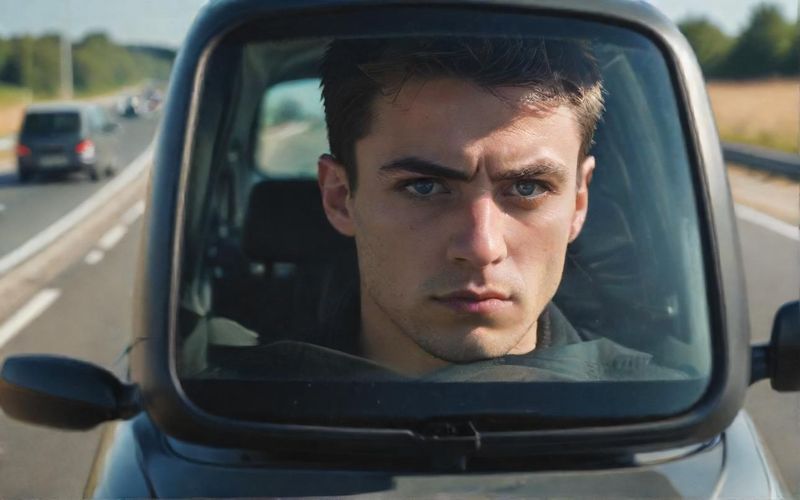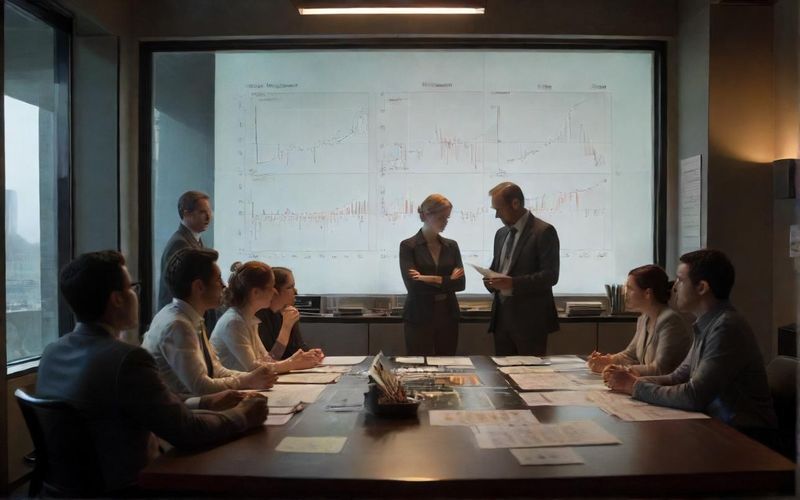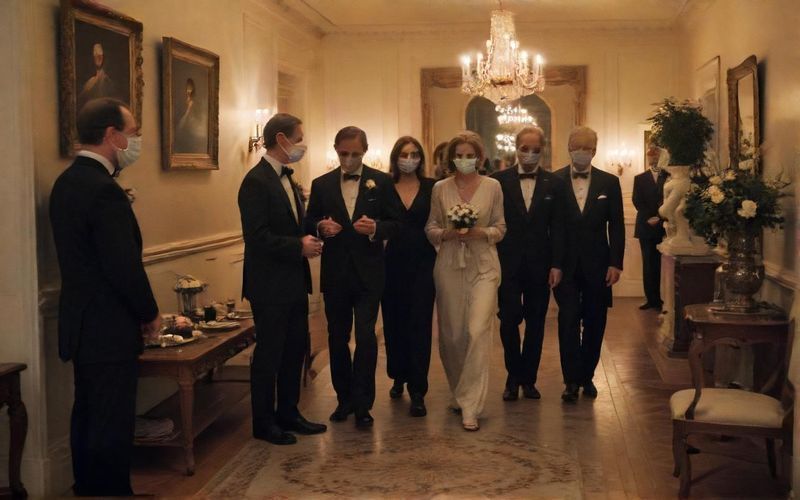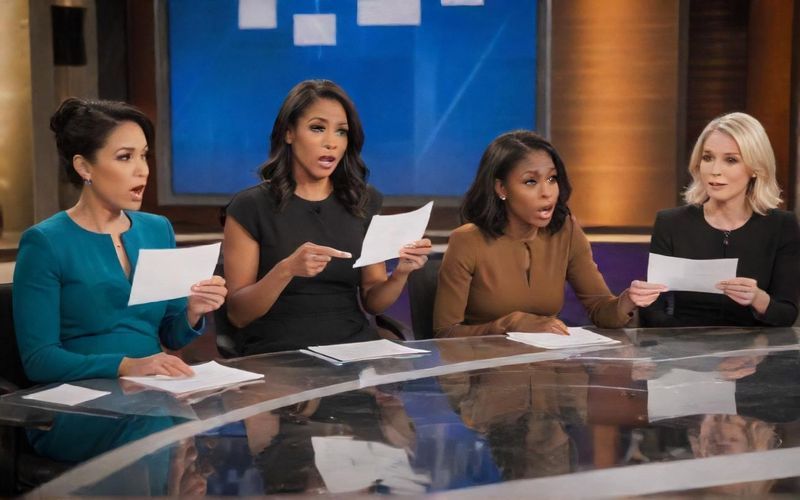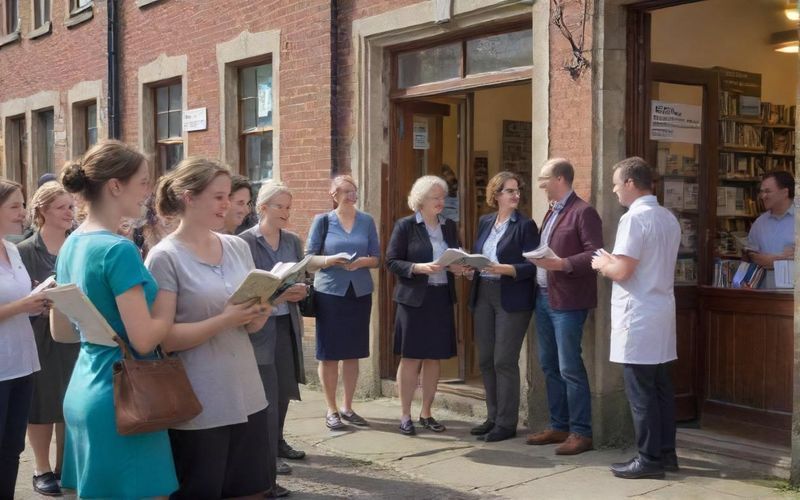Caroline Flack: New Doc Reveals Hidden Truths
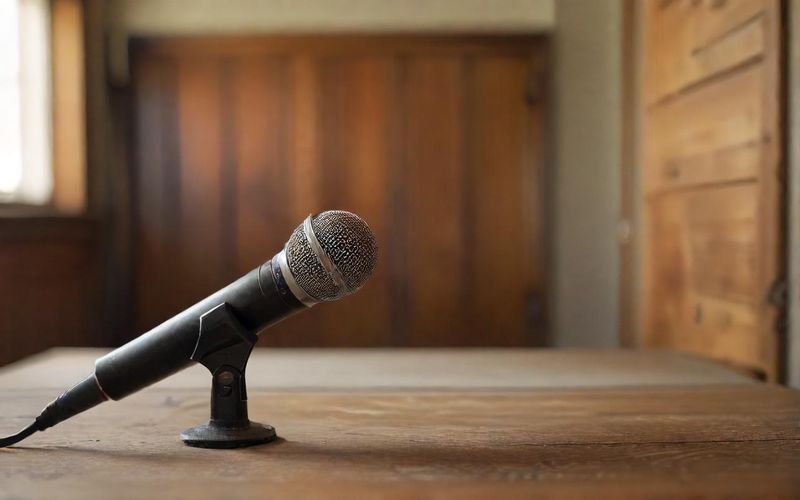
What strikes a chord, and frankly, chills the spine, are the raw fragments of Caroline Flack’s own voice, woven into the fabric of the documentary. Hearing her whisper, “I don’t see any way out of this,” or confess, “My head doesn’t know what to think at any point,” strips away the public persona of the vibrant TV presenter. It’s a devastatingly intimate peek into a mind under siege, grappling with a darkness that felt insurmountable. These aren’t just soundbites; they are echoes of profound despair, offered with the explicit permission of her grieving mother, Christine Flack, who clearly believes the public narrative has been incomplete, even misleading. Her assertion that the reality is "much darker, there’s so much information the public haven’t seen" is a powerful invitation to look beyond the headlines.
This docuseries delves into the circumstances surrounding Flack’s arrest in 2019 for an alleged assault on her then-boyfriend, Lewis Burton. The subsequent media storm, the online vitriol – it all painted a picture that, according to her mother, failed to capture the full truth. The revealing of texts and audio notes, previously unseen, aims to provide that missing context. But perhaps the most illuminating detail, and one that demands our attention, is the Metropolitan Police’s apology in 2023 for not properly recording the rationale behind appealing a decision to caution Flack, ultimately leading to her being charged with assault. This oversight, confirmed by the Independent Office for Police Conduct, injects a critical layer of institutional accountability into an already fraught situation. It raises a crucial question: was a more nuanced approach, a less severe outcome, even a possibility that was prematurely dismissed?
The weight of expectation and scrutiny on public figures, especially those in the often-frenetic world of reality television, is immense. Caroline Flack, a beloved host of *Love Island*, *The X Factor*, and *Strictly Come Dancing*, was thrust into the glare of the spotlight. When that spotlight turned harsh, fueled by accusations and public judgment, the fallout was catastrophic. Her mother’s quest for justice isn’t just about vindicating her daughter; it’s about demanding a more compassionate, a more thorough, and perhaps a more truthful examination of the pressures that can break even the strongest individuals. The very idea that Caroline herself, in her final moments of anguish, mused about making a documentary about her own plight, speaks volumes about her desire to be understood, to perhaps reclaim her narrative.
As we approach the release of *Caroline Flack: Search for the Truth*, it’s a potent reminder of the human cost behind the sensationalism. In an era where information, and often misinformation, travels at lightning speed, the story of Caroline Flack serves as a sobering case study. It forces us to consider the power of public opinion, the role of institutions in our lives, and the profound impact of relentless criticism on an individual’s mental well-being. This isn't just a story about a celebrity; it's a story about the fragility of the human spirit under duress.
As this documentary unfolds, will it offer closure, or will it open up new avenues of questioning about how we, as a society, treat those we elevate and then, perhaps too quickly, condemn?
